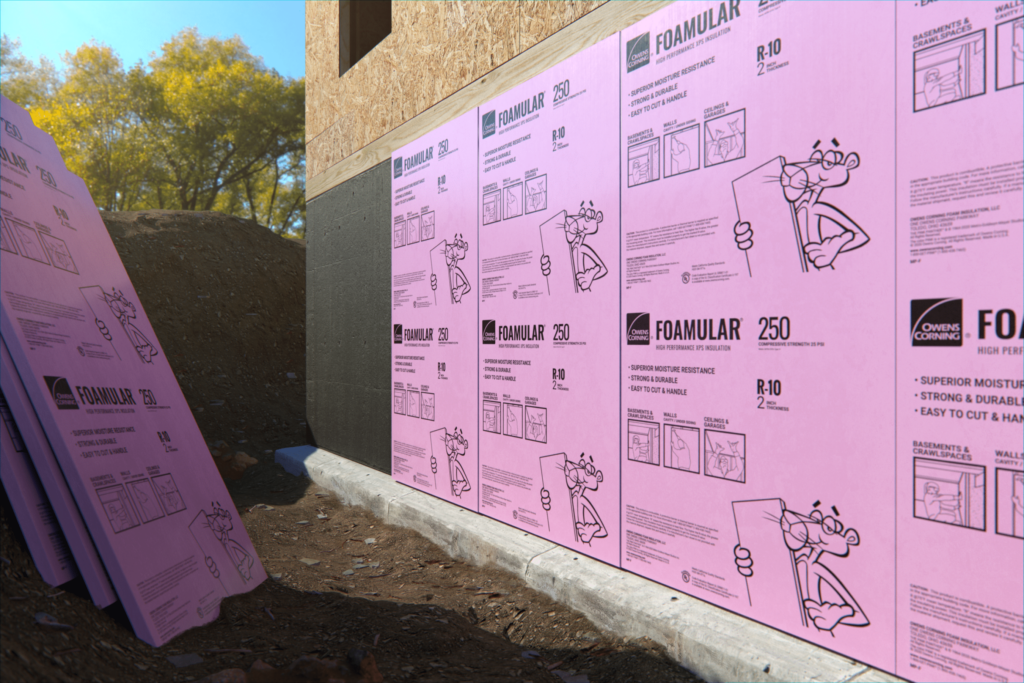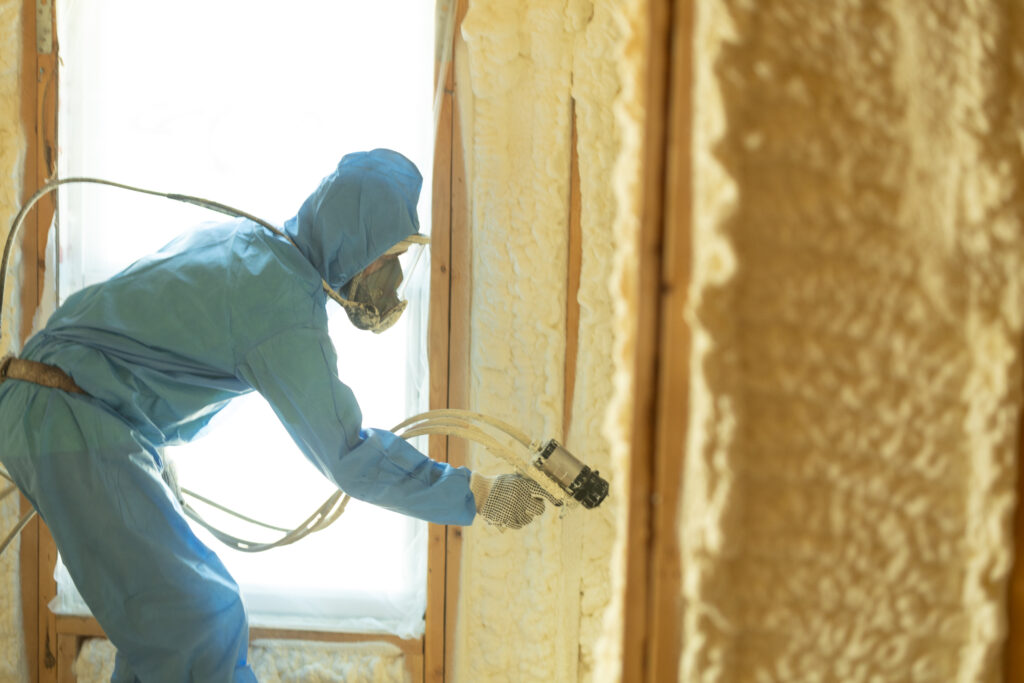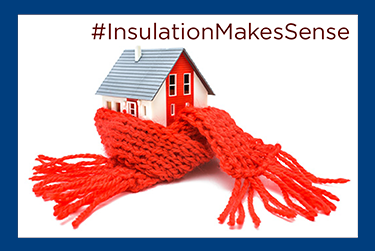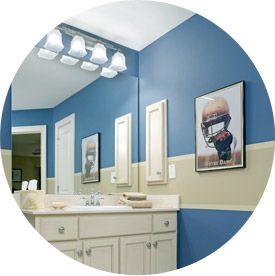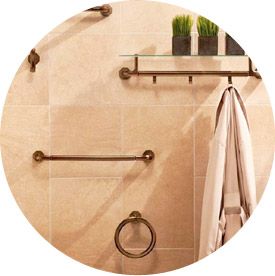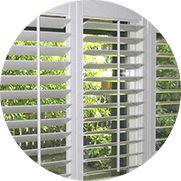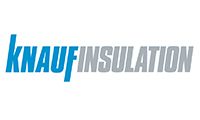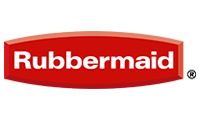Trying to find ways to make your home more comfortable and less expensive to heat and cool? If so, you might be interested in the benefits of foam insulation. You have two main types to choose from: rigid foam (polystyrene) and spray foam insulation (polyurethane).
These two materials sound similar but they have their differences. Keep reading to learn more.
What You Need To Kow About Polystyrene Rigid Foam Insulation
Rigid foam is primarily installed in unfinished walls, roofs and foundations. The dense product provides a higher R-value than other types of insulation, allowing for excellent performance with very little thickness.
Installing rigid foam reduces thermal bridging, raises the R-value of a wall or roof assembly and greatly reduces air leaks.
There are two types of polystyrene rigid foam insulation:
- Expanded polystyrene (EPS): With an R-value of 3.6 to 4.2 per inch, EPS is an effective way to insulate a home. It’s the less expensive option of the two and is most appropriate for above-grade applications.
- Extruded polystyrene (XPS): An impressive rating of R-5 per inch combined with high compressive strength and water resistance makes XPS the perfect insulation for below-grade slabs and foundation walls.
What You Need To Know About Polyurethane Spray Foam Insulation
Spray foam is the best type of insulation for reducing air leaks. It foams in place, allowing you to fill every nook and cranny. This makes spray foam ideal for oddly shaped spaces and filling gaps around floor and wall penetrations.
However, because spray foam must be mixed on-site and applied while wearing special protective clothing, you must leave the installation to the professionals.
There are two types of polyurethane spray foam insulation:
- Open-cell polyurethane foam: Expect an R-rating of about 3.6 per inch. Open-cell foam is permeable to moisture but impermeable to air. This makes it ideal for insulating roof assemblies that need to dry inward.
- Closed-cell polyurethane foam: At about R-6.5 per inch, closed-cell foam offers the best R-value per thickness of any insulation. It has a glue-like consistency, adding structural integrity to any wall or ceiling you apply it to. It’s pricier than open-cell foam, but because it provides better R-value per inch and acts as a vapor retarder, it may be better for your needs.
The Advantages & Disadvantages of Polystyrene Rigid Foam Panels
Polystyrene features a higher R-value than fiberglass, cellulose or mineral wool, with an R-5 maximum compared to R-4.3 at most, plus it’s lighter and easier to handle, with no skin-irritating fibers.
The rigid panels can be easily cut and shaped with a knife, they resist sagging and they offer good resistance to water and airflow.
The disadvantages of polystyrene include its susceptibility to damage from ultraviolet radiation (which limits its use outdoors) and its poor resistance to chemicals, especially organic solvents.
It’s also flammable under certain conditions, and if it’s in contact with home electrical wiring, polystyrene can degrade the wire insulation, possibly leading to short circuits or fires.
Contact our experts today to learn more about the pros and cons of polystyrene.
The Advantages & Disadvantages of Spray Foam Insulation
Polyurethane spray foam has one of the highest R-values of any common insulation, up to R-6 per inch. Because it’s applied as a liquid and expands to fill voids, it bonds tightly to adjoining surfaces, creating a tight air seal while also adding structural rigidity.
Closed-cell polyurethane is also highly resistant to water and can be used to effectively waterproof many surfaces.
The disadvantages of polyurethane insulation include its higher cost than other insulation materials and its need for a skilled professional to mix and install it properly.
It can also off-gas until it has cured completely, so it’s recommended that all occupants leave the premises for at least 24 hours.
For more information about the benefits of spray foam, talk to our home insulation experts today.
Should You Use Polystyrene or Polyurethane for Your Garage Door?
Polystyrene panels are economical and can be cut to fit the garage door panels and secured using adhesives. They’ll offer good insinuation performance but may leak air at any gaps around the panels’ perimeter.
Polyurethane foam is more costly and harder to install than polystyrene, but it offers significantly higher insulating values. Because it bonds tightly to the garage door, it can add considerably to its structural rigidity while reducing noise during operation and creating a tight air seal.
If you plan to spend a lot of time in the garage working on projects and you have the budget for the installation, polyurethane spray foam may be the better option.
Install Foam Insulation in Portland, Oregon
The team at Installed Building Products Portland installs high-quality spray foam for both new construction and retrofit projects.
Contact us to learn more or if you’re ready for a free estimate.

